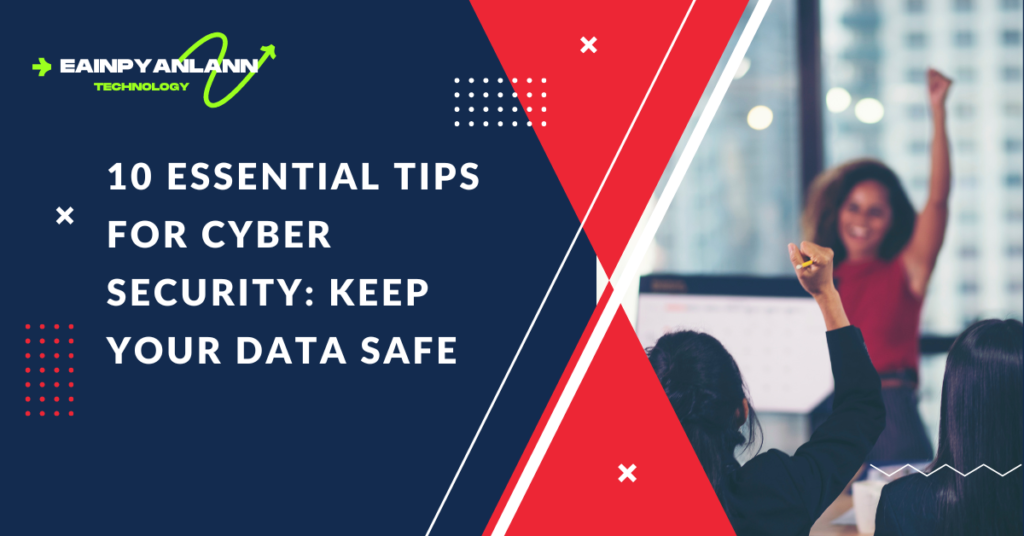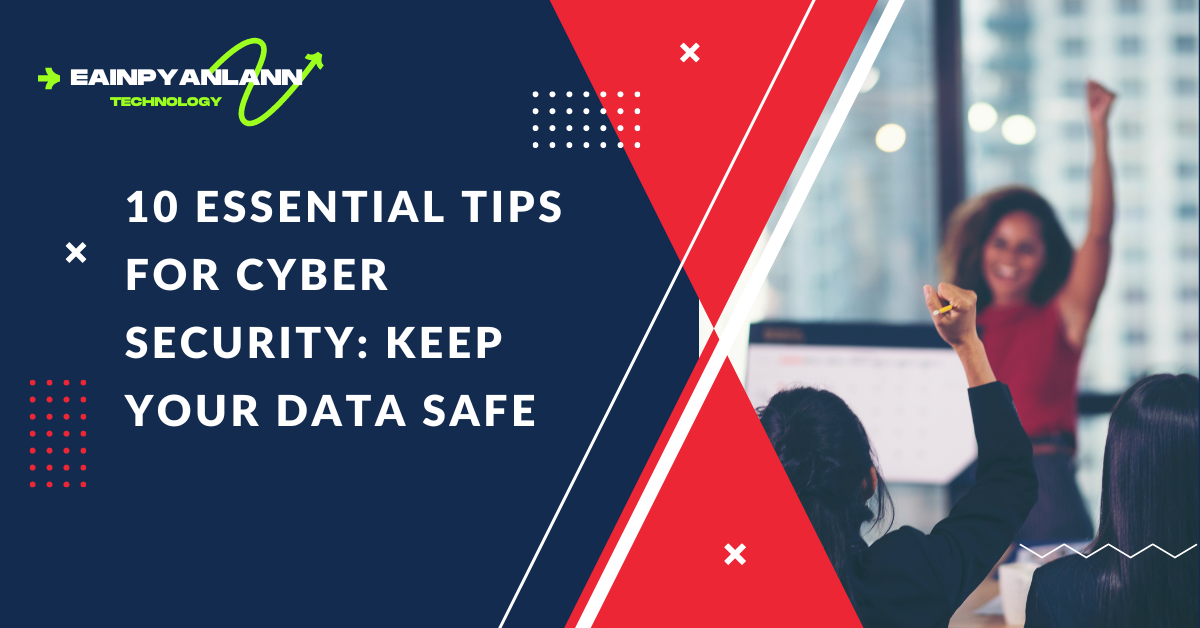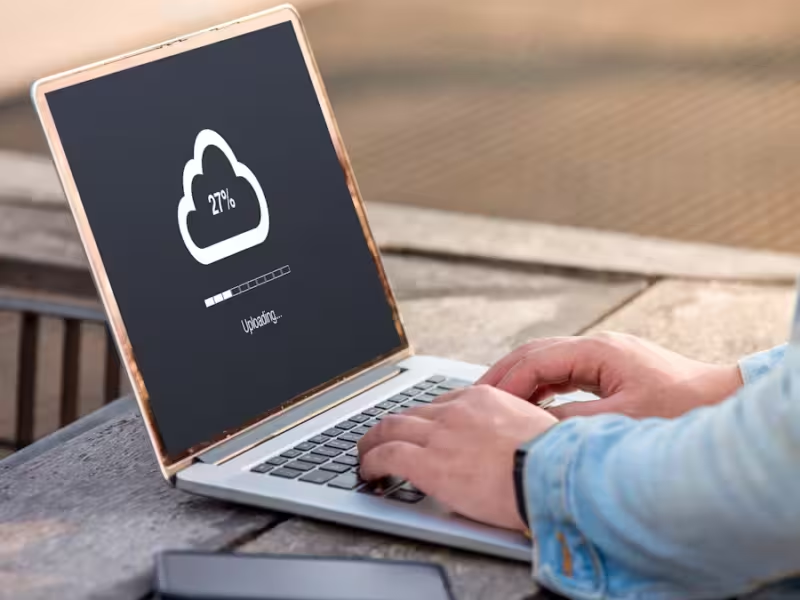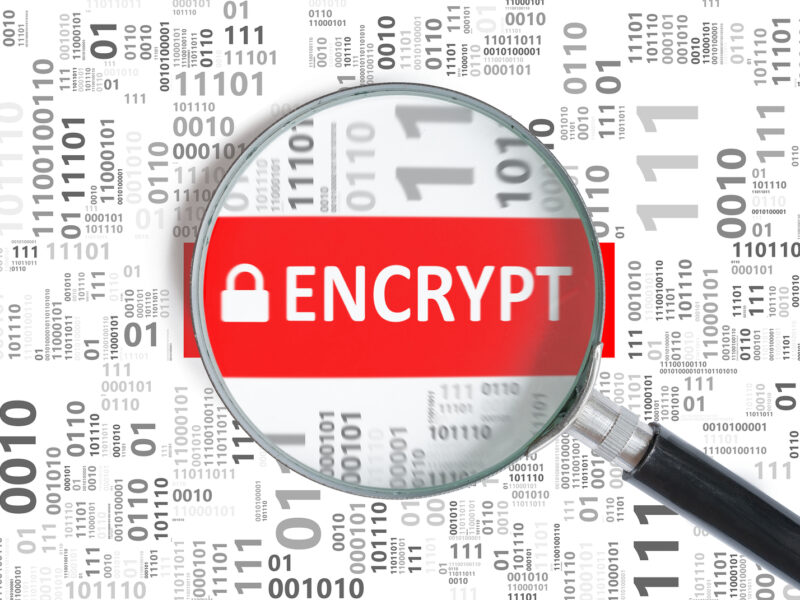In today’s digital world, safeguarding your personal and professional data is more critical than ever. Cybersecurity threats are evolving rapidly, and every internet user is a potential target. From identity theft to ransomware attacks, there are countless ways your information can be compromised. Thankfully, with the right knowledge and proactive steps, you can significantly reduce your risk of becoming a victim. Here are 10 essential tips to help you bolster your cyber security and keep your data safe.

1. Use Strong, Unique Passwords for Every Account
One of the simplest yet most effective ways to enhance your cyber security is by creating strong, unique passwords for every account you own. Many people make the mistake of using the same password across multiple platforms, which puts all of their accounts at risk if one gets compromised.
- Best Practice: Create complex passwords that include a mix of upper and lower-case letters, numbers, and special characters. Avoid using easily guessable information like your birthdate or pet’s name. Consider using a password manager to generate and store strong passwords securely.
2. Enable Two-Factor Authentication (2FA)
Two-factor authentication (2FA) adds an extra layer of security to your online accounts by requiring not only your password but also a secondary form of verification, such as a text message or authentication app code.
- Why It’s Essential: Even if a hacker manages to obtain your password, 2FA makes it much more difficult for them to access your account without the second authentication step.
- Best Practice: Enable 2FA on all platforms that support it, including email accounts, social media, and banking apps. Use an authentication app like Google Authenticator or Authy for better security than SMS-based 2FA.
3. Regularly Update Your Software and Devices
Outdated software is one of the easiest ways for cybercriminals to exploit vulnerabilities and gain access to your systems. Developers regularly release updates to patch security flaws, so staying up-to-date is critical for your cyber security.
- Best Practice: Set your devices and software to automatically update. This includes your operating system, web browsers, apps, and antivirus software. Always apply security patches as soon as they are available.
4. Be Wary of Phishing Scams
Phishing attacks are one of the most common methods cybercriminals use to steal personal information. These scams often come in the form of deceptive emails, texts, or websites that trick you into providing sensitive information like passwords or credit card numbers.
- Best Practice: Never click on suspicious links or open email attachments from unknown senders. Verify the legitimacy of any communication requesting sensitive information by contacting the company directly. Look for red flags such as misspellings, poor grammar, or urgent calls to action.
5. Use a Virtual Private Network (VPN)
A Virtual Private Network (VPN) encrypts your internet traffic, protecting your data from being intercepted by hackers, especially when using public Wi-Fi networks. Public Wi-Fi is notorious for its lack of security, making it a hotspot for cybercriminals.
- Best Practice: Always use a VPN when connected to public Wi-Fi or any network you don’t trust. Ensure the VPN you use is reputable and doesn’t keep logs of your activity.
6. Regularly Back Up Your Data
Cyber threats like ransomware can lock you out of your data, demanding payment for its return. The best defense against such attacks is to regularly back up your data, ensuring that you have a secure copy if your system becomes compromised.
- Best Practice: Set up automatic backups for your devices and store backups in multiple locations, such as an external hard drive and a secure cloud service. Make sure your backups are also encrypted for added protection.
7. Secure Your Home Network
Your home network is the gateway to your personal devices and data, making it a prime target for hackers. Taking steps to secure your Wi-Fi can prevent unauthorized access to your network.
- Best Practice: Change the default login credentials for your router and use a strong password. Ensure your network is encrypted with WPA3, the most secure wireless protocol available. Additionally, disable remote access to your router and use a guest network for visitors.
8. Be Mindful of What You Share on Social Media
Sharing too much personal information on social media can make you an easy target for cybercriminals. Hackers can use seemingly innocuous information like your pet’s name, high school, or birthday to guess security questions and passwords.
- Best Practice: Avoid posting sensitive details that could be used to gain access to your accounts. Regularly review your privacy settings to ensure your profiles are visible only to trusted connections, and be cautious when accepting friend requests from unknown users.
9. Install and Maintain Antivirus Software
Antivirus software is designed to detect and block malware before it can do harm to your system. While it’s not a foolproof solution, it’s an essential tool in your cyber security toolkit.
- Best Practice: Choose a reputable antivirus program that offers real-time protection and regularly scans your system for threats. Keep your antivirus software updated to protect against the latest viruses and malware.
10. Educate Yourself and Stay Informed
Cybersecurity threats are constantly evolving, and staying informed about the latest tactics used by hackers is crucial to protecting your data. The more you know about potential threats, the better equipped you’ll be to avoid them.
- Best Practice: Regularly read up on cybersecurity news and updates. Consider taking a cybersecurity course or workshop to deepen your knowledge of online safety. Being aware of common threats, such as social engineering attacks, can help you recognize them and respond appropriately.
Conclusion
In an increasingly digital world, prioritizing cyber security is no longer optional—it’s essential. By following these 10 tips, you can greatly reduce the chances of falling victim to cyber threats and keep your data safe. Whether it’s using strong passwords, enabling two-factor authentication, or being cautious about what you share online, taking a proactive approach to cyber security will help protect your sensitive information in the long run.
Always stay vigilant, update your knowledge, and implement these strategies to safeguard yourself against ever-evolving cyber threats.




Good advices, thanks.
Thanks
Good evening
Thanks.
Thanks 💕
Thanks par
Great tips.